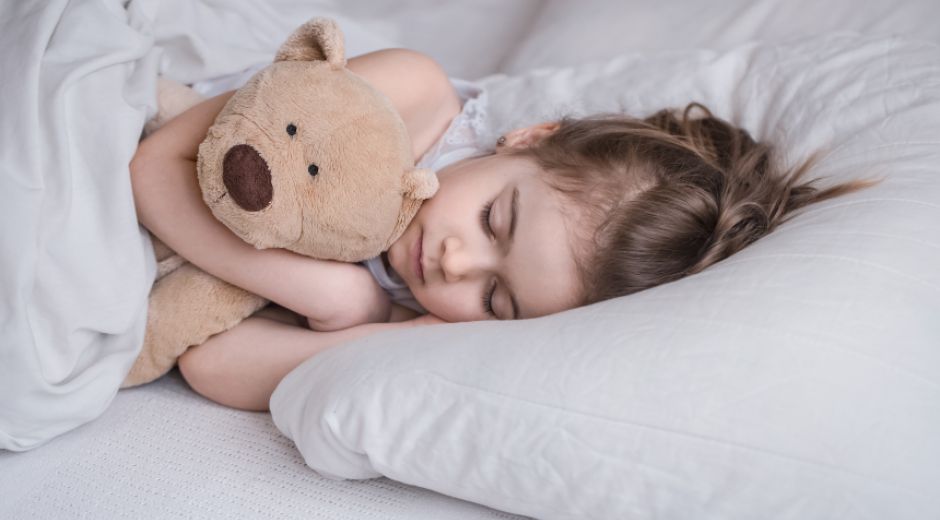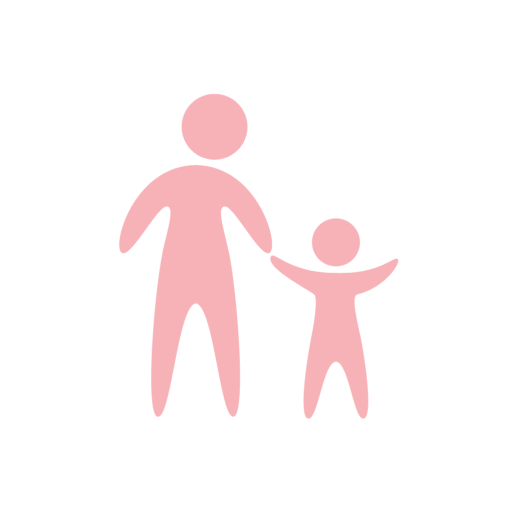Power of Sleep: Mental Health Benefits for Kids and Parents
Power of Sleep: Mental Health Benefits for Kids and Parents
Sleep is not just a basic biological necessity—it’s a cornerstone of mental and emotional well-being. Parents often underestimate the profound effects that a lack of sleep can have on both their own mental health and their child’s development. Understanding the Power of Sleep is essential for families who want to maintain a balanced, healthy lifestyle.
From improving mood and focus to strengthening resilience and cognitive skills, adequate sleep is one of the most effective tools for promoting overall mental health. In this article, we explore evidence-based strategies and routines that harness the Power of Sleep for both children and adults.
Why Sleep Matters for Mental Health
Sleep plays a crucial role in the brain’s ability to process emotions and consolidate memories. For children, it directly affects cognitive development, learning, and social behavior. Parents, on the other hand, experience stress, anxiety, and impaired decision-making when sleep-deprived.
Research shows that insufficient sleep is linked to higher rates of depression and anxiety in both kids and adults. Conversely, prioritizing rest enhances emotional regulation, attention span, and overall well-being. By embracing the Power of Sleep, families can mitigate the negative impact of stress and support healthier emotional functioning.
For a deeper dive into mindfulness and mental wellness techniques that complement healthy sleep routines, visit Focus Mind Flow.
Establishing Consistent Sleep Routines
Consistency is key when it comes to benefiting from the Power of Sleep. A predictable sleep schedule trains the body’s internal clock and makes it easier to fall asleep and wake up naturally.
Bedtime and Wake-Up Times: Set the same bedtime and wake-up time every day, even on weekends. Children thrive on routine, and adults also benefit from predictable sleep cycles.
Wind-Down Activities: Create a 30–60 minute pre-bedtime ritual that includes quiet activities such as reading, drawing, or gentle stretching. Avoid screens and bright lights during this period to help signal to the brain that it’s time to rest.
Comfortable Sleep Environment: Ensure bedrooms are dark, quiet, and cool. Blackout curtains, soft bedding, and white noise machines can enhance restfulness.
These routines allow families to fully harness the Power of Sleep, creating a stable foundation for both mental and physical health.
Sleep and Cognitive Development in Children
Children’s brains are still developing, making sleep even more critical. Deep sleep stages allow the brain to consolidate memories, process information, and support learning. Poor sleep can lead to irritability, decreased attention span, and difficulties in school.
Memory Consolidation: During sleep, the brain organizes information learned throughout the day, turning short-term memories into long-term knowledge.
Emotional Regulation: Sleep deprivation increases emotional reactivity. Children who sleep well are better able to handle frustration, anxiety, and social interactions.
Behavior and Focus: A well-rested child exhibits improved focus, better problem-solving skills, and reduced hyperactivity.
For strategies to help children maximize learning and focus, check out Study Skill Up.
Sleep and Parental Mental Health
Parents often sacrifice sleep to manage busy schedules, yet the Power of Sleep is equally important for adults. Chronic sleep deprivation can increase irritability, reduce patience, and elevate stress levels.
Mood and Emotional Stability: Adequate sleep lowers cortisol levels and promotes a more positive mood, helping parents navigate daily challenges calmly.
Cognitive Function: Rested parents demonstrate better memory, decision-making, and problem-solving skills, which benefits family management and parenting decisions.
Stress Resilience: Sleep strengthens the brain’s ability to cope with stress, reducing anxiety and burnout.
Simple practices such as creating a quiet bedroom space and maintaining a consistent sleep schedule can make a huge difference in accessing the Power of Sleep.
Natural Sleep Enhancers
In addition to routines, several natural approaches can help optimize sleep quality:
Mindfulness and Relaxation: Meditation, guided imagery, and deep breathing exercises before bed reduce mental chatter and help both kids and adults fall asleep faster.
Herbal Remedies: For older children and adults, mild herbal teas like chamomile or lavender-based products can promote calmness and relaxation.
Physical Activity: Regular daily exercise encourages deeper sleep, though avoid vigorous activity right before bedtime.
These gentle interventions complement consistent routines to fully unlock the Power of Sleep for better mental health.
Timing Matters
Sleep is not just about quantity; timing is critical. The body follows a circadian rhythm that influences hormone release, alertness, and overall mood.
Early Bedtimes for Children: Younger children require more hours of sleep and benefit from earlier bedtimes to align with natural circadian cycles.
Flexible but Consistent for Parents: Adults need 7–9 hours of rest per night. Even shifting bedtimes slightly can disrupt sleep quality and reduce the benefits of the Power of Sleep.
Nap Strategies: Short, age-appropriate naps for children can support overall alertness without interfering with nighttime sleep.
Nutrition and Sleep
What we eat significantly impacts our ability to sleep and benefit from its mental health effects:
Avoid Sugar and Caffeine: High sugar intake and caffeine late in the day can delay sleep onset and reduce sleep quality.
Balanced Evening Meals: Light, nutritious dinners with protein, whole grains, and healthy fats support sustained energy and restful sleep.
Hydration: Proper hydration throughout the day promotes comfort at night but avoid excessive fluids right before bed to minimize nighttime awakenings.
For more guidance on lifestyle and holistic wellness, visit TasteFlavorBook.
Practical Tips for Families
Set a “Screen Curfew”: Turn off devices at least one hour before bedtime. The blue light from screens suppresses melatonin, making it harder to fall asleep.
Create a Cozy Sleep Space: Personalize the bedroom with soft blankets, favorite stuffed animals for kids, and a quiet atmosphere for adults.
Lead by Example: Children mimic parental habits. Prioritize your own sleep to reinforce healthy routines.
Track Sleep Patterns: Keep a simple log to identify trends, challenges, and improvements in family sleep habits.
These small adjustments help parents and children reap the full benefits of the Power of Sleep.
Explore More Resources
For further insights and tools to support better sleep and mental wellness, visit:
Focus Mind Flow – Guided relaxation and mindfulness for families.
Study Skill Up – Learning strategies and cognitive support for children.
Style Radar Point – Lifestyle and wellness tips for parents.
CoolParentingTips – More parenting and health-focused articles.
Conclusion
Understanding and prioritizing the Power of Sleep is one of the most effective ways to improve mental health for both children and parents. By establishing consistent routines, creating a calm environment, and incorporating natural sleep enhancers, families can enjoy the many cognitive, emotional, and social benefits that restorative sleep provides.
Sleep is not a luxury—it’s a foundation for health, happiness, and resilience. Embracing the Power of Sleep can transform daily life, fostering calmer mornings, happier moods, and stronger family connections.
Learn Bond Bloom

Helping Kids Emotions Without Overreacting
Helping Kids Emotions Without Overreacting

Family Connection Time Ideas For Busy Parents
Family Connection Time Ideas For Busy Parents

Positive Discipline Tools That Teach Responsibility
Positive Discipline Tools That Teach Responsibility

Building Emotional Skills Kids Use For Life
Building Emotional Skills Kids Use For Life













